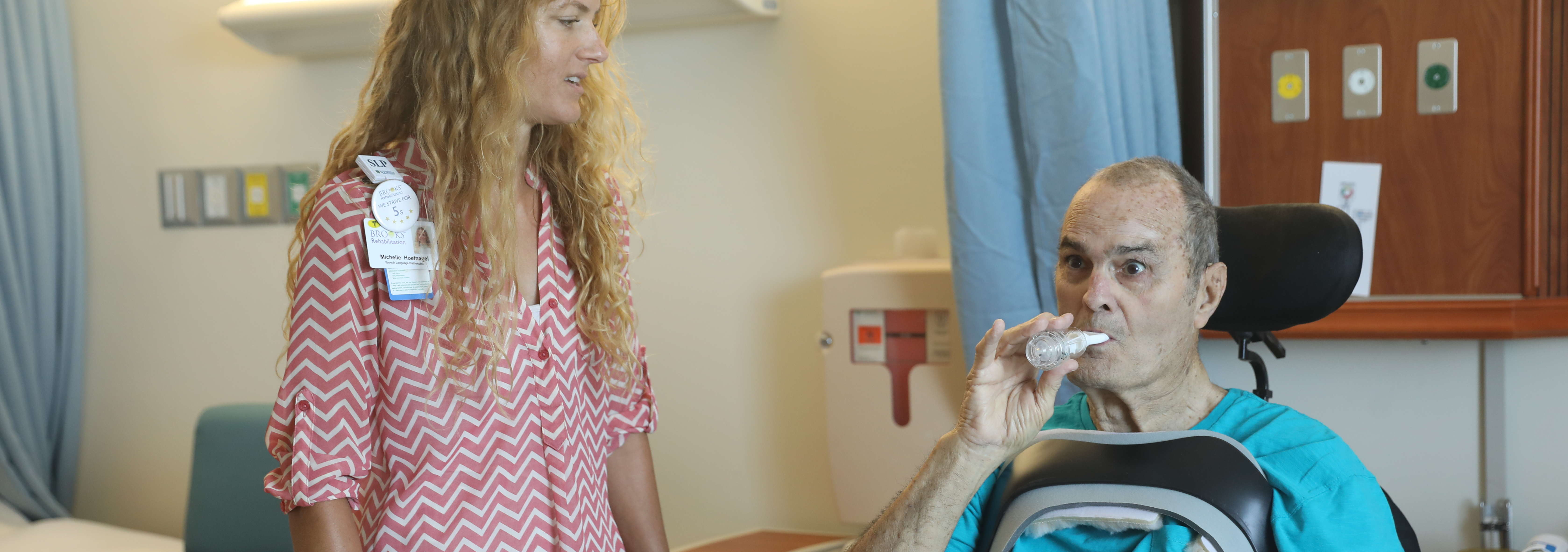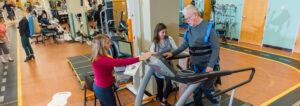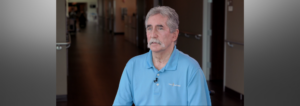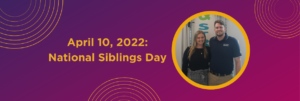Why did my doctor refer me to a Speech Therapist?

Back to physical health resource hub
Frequently, patients hear the title “Speech” Therapist and may think, “I don’t have any problems speaking, why do I need ‘speech’ therapy”?
Speech Therapists, formally referred to as Speech-Language Pathologists, are skilled in the assessment and treatment of a variety of diagnoses and disorders that include, but are not limited to, the production of speech.
The American Speech Language and Hearing Association outlines the scope of a Speech Language Pathologist as:
“…the professional who engages in professional practice in the areas of communication and swallowing across the life span. Communication and swallowing are broad terms encompassing many facets of function. Communication includes speech production and fluency, language, cognition, voice, resonance, and hearing. Swallowing includes all aspects of swallowing, including related feeding behaviors.” (ASHA, 2016)
Speech production involves the specific way a person pronounces words. This involves nerves that communicate with facial muscles that control components needed to clearly produce words (i.e. tongue, lips, teeth, palate).
Fluency refers to the flow or smoothness of speaking. Disorders to fluency may sound like part word or syllable repetitions (i.e. n-n-n-night), prolongations (nnnnnn-night), whole word repetitions (i.e. night-night-night), or blocks (silent or extended pauses). Changes in body or facial postures/movements may also accompany disfluencies.
Language refers to both comprehension and expression of information. Language comprehension is required to understand directions, names of items, questions, conversation, etc. Language expression involves the ability to produce grammatically intact sentences, name items, express sentences of adequate length, ask questions, expand on information, and provide clarification.
Cognition involves a person’s memory, planning, thought organization, attention, impulse control, problem solving, self-monitoring, visuospatial, and self-awareness skills.
Voice refers to the sound made by a person’s vocal folds as they vibrate. Voice quality involves pitch, loudness, roughness, breathiness, or strain.
Resonance describes the different sounds of your voice when it is filtered through your vocal tract in different ways. Difficulty with resonance may include too much or too little oral or nasal resonance, creating a change in the perception of your voice or speech.
Swallowing refers to the mechanical process of the consumption of food and drink. Swallowing requires intact nerves and muscles for the oral phrase- to chew, form food, maintain food and liquids in mouth, the pharyngeal phase- initiation of a swallow, clearance through the pharynx into the esophagus instead of the airway, and the esophageal phase- the passing of food through the esophagus into the stomach.
Pragmatics/Social Communication is another area that may need to be addressed by SLPs. Pragmatics refers to the appropriate use of language in social situations. Difficulty in this area may include excessive talking, difficulty understand body language, frequent interruptions, difficulty understanding unspoken rules of conversation or interactions, or inappropriate comments.
Problems in one or more of these areas can be addressed by an SLP. SLPs work to evaluate a person’s current level of functioning and determine appropriate strategies and interventions to improve a person’s overall quality of life.
At Brooks Rehabilitation, our Speech Language Pathologists are experienced in the assessment and treatment of all disorders of communication and swallowing, with specialty trainings and certifications to provide the highest level of care and help patients meet their goals.
Reference:
- American Speech-Language-Hearing Association. (2016). Scope of practice in speech-language pathology [Scope of Practice]. Available from www.asha.org/policy/


